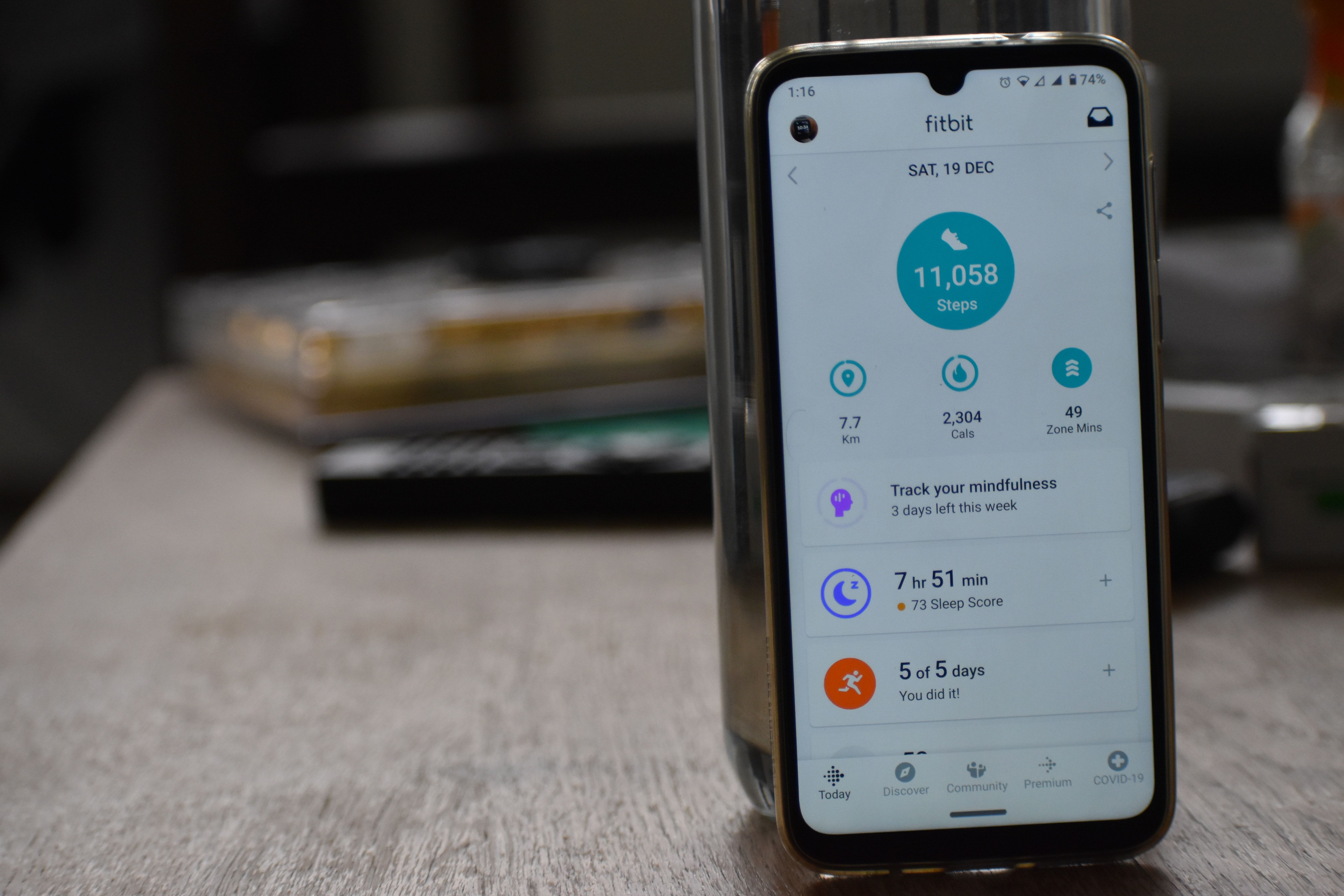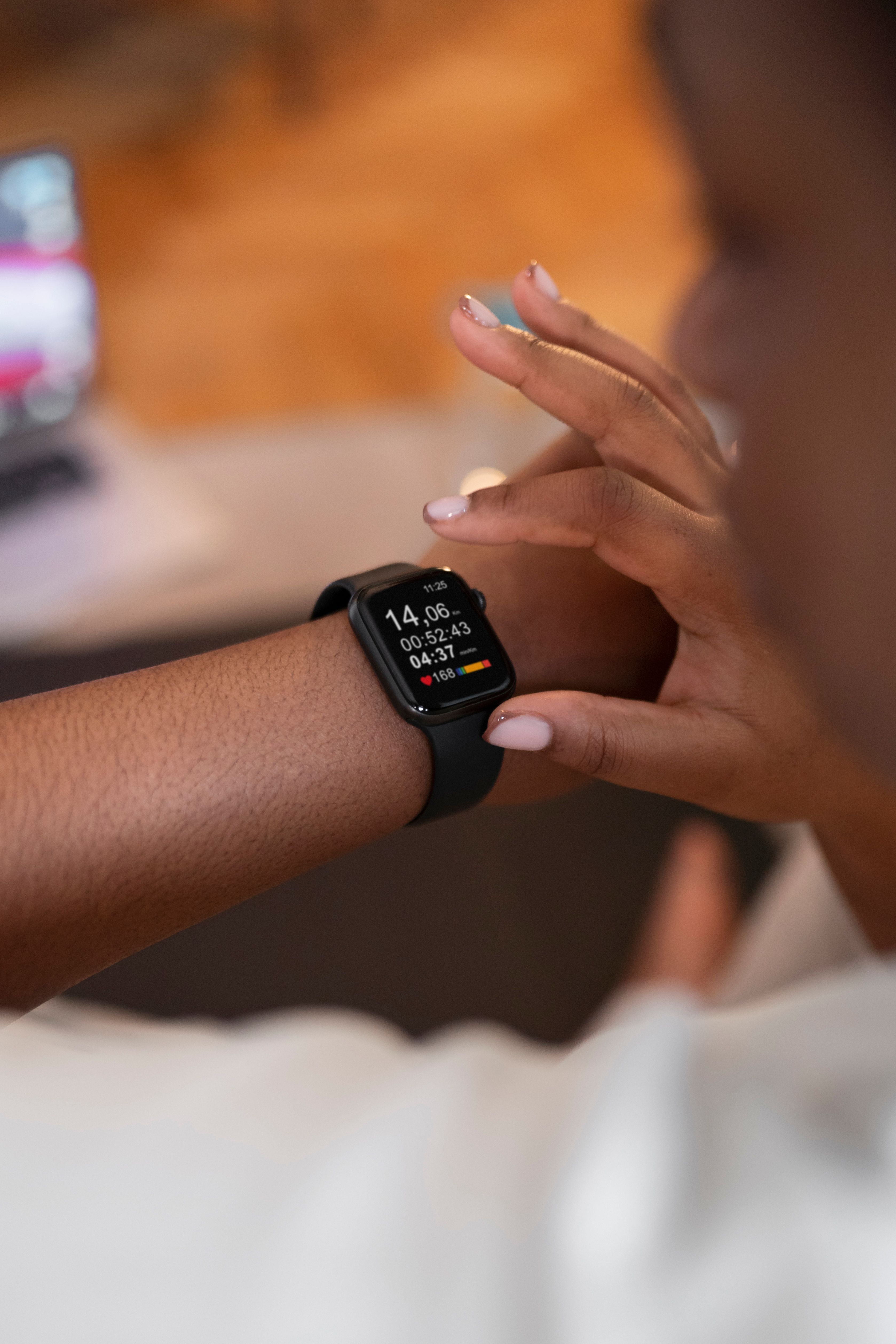How Tech Can Help You Manage Your Health and Overall Well-being

Blog post by Micheal Oloyede,
Published at July 11, 2023
In recent years, technology has revolutionized how we manage our health, offering a range of tools and applications that empower individuals to monitor and improve their well-being. One prominent example is the rise of fitness trackers and smartwatches, which enable users to track their activity levels, heart rate, and sleep patterns. These devices provide valuable insights into our daily habits, encouraging us to make healthier choices and stay active. By accessing this data, individuals can set goals, track their progress, and make informed decisions to improve their overall health.
Mobile applications have also played a significant role in health management. There are countless apps available that cater to different aspects of well-being. Calorie-tracking apps help users monitor their nutritional intake, promoting healthier eating habits. Meditation and mindfulness apps provide guidance for relaxation and stress reduction. Fitness apps offer personalized workout routines and track progress over time. These apps provide convenience and accessibility, allowing individuals to manage their health on their terms.

(Photo by Joshua Miranda on Pexels)
Moreover, telemedicine has gained traction as a technological advancement in healthcare. Telemedicine platforms enable individuals to have remote consultations with healthcare professionals, eliminating the need for in-person visits in certain cases. This is particularly beneficial for individuals with limited mobility, those in remote areas, or those seeking quick medical advice. Telemedicine offers convenience, efficiency, and cost-effectiveness while still ensuring access to necessary healthcare services.

(Photo by master1305 on Freepik)
Wearable devices have also had a significant impact on health management. These devices, such as smartwatches and health trackers, can monitor vital signs like heart rate, blood pressure, and even electrocardiograms (ECGs). They provide real-time feedback and analysis, helping individuals detect any irregularities or anomalies in their health. In cases of emergencies, wearable devices can send alerts to users or healthcare providers, ensuring timely assistance and intervention. These devices serve as proactive health companions, informing individuals about their well-being and potentially saving lives in critical situations.

In conclusion, technology has transformed the way we manage our health. With fitness trackers, mobile applications, telemedicine, and wearable devices, individuals can access a wide range of tools to monitor, track, and improve their health. These technologies promote a proactive approach to well-being, empowering individuals to make informed decisions, set goals, and take control of their health journey. As technology continues to advance, the possibilities for managing health will only continue to expand, creating exciting opportunities for improved health outcomes and a better quality of life.
